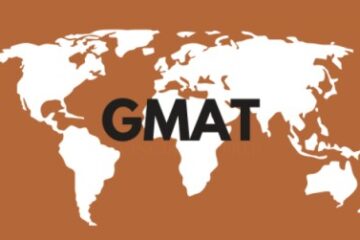What Strategies Do Math Programs Use to Engage Diverse Elementary Learners?

Mathematics is a subject that can be both exciting and challenging for elementary school students. Elementary math programs employ various strategies to ensure that all young learners, regardless of their backgrounds, are motivated and engaged in math education. In this blog post, we’ll explore these strategies that make math programs for elementary schools enjoyable and effective for a diverse range of students.
Interactive Learning Activities
One of the core strategies that elementary math programs utilize is interactive learning activities. These activities transform mathematical concepts into engaging games, quizzes, and puzzles. By making learning fun and interactive, students are likelier to stay interested and enthusiastic about math.
Personalized Learning
Every student is unique, and the best math programs for elementary students recognize this. They offer personalized learning experiences that adapt to each student’s skill level and learning pace. This ensures that students are both energized by material that’s too easy and manageable by too advanced content.
Visual Aids and Graphics
Elementary math programs often incorporate colorful visual aids and graphics. These visuals help simplify complex concepts, making them more accessible and less intimidating for young learners. Interactive diagrams, charts, and animated characters provide a visual context that enhances understanding.
Real-World Applications
To keep students engaged, math programs highlight real-world applications of math concepts. By showing how math is used in everyday life, these programs help students see the practical relevance of their learning, fostering a deeper appreciation for the subject.
Gamification
Gamification has become a powerful and effective tool in math education, especially in elementary classrooms. It transforms the learning experience into an exciting adventure by incorporating game-like elements, such as rewards, badges, and points, into elementary-level math programs. This approach motivates young learners and introduces a part of friendly competition that keeps them engaged and enthusiastic about mathematics.
Regular Assessments
Assessment is a fundamental aspect of elementary math programs, serving as a valuable tool to measure student progress and identify areas where additional support may be required. While assessments are essential, it’s important to understand that they don’t have to be stressful experiences for students. Elementary math programs are designed to make assessments age-appropriate and centered on learning.
Alignment with Educational Standards
One of the cornerstones of effective elementary math programs is their alignment with educational standards. These standards are guidelines and expectations that define what students should learn at each grade level. By aligning with these standards, math programs ensure that students master the math skills and concepts essential for their grade level and educational progress.
In conclusion, elementary math programs employ various strategies to engage diverse learners effectively. These strategies, including interactive activities, personalized learning, visual aids, real-world applications, gamification, regular assessments, and alignment with educational standards, collectively create an environment where students can enjoy learning math. By making math education fun and accessible, these programs empower students from all backgrounds to excel in mathematics and build a strong foundation for future learning.
Leave a reply
You must be logged in to post a comment.






